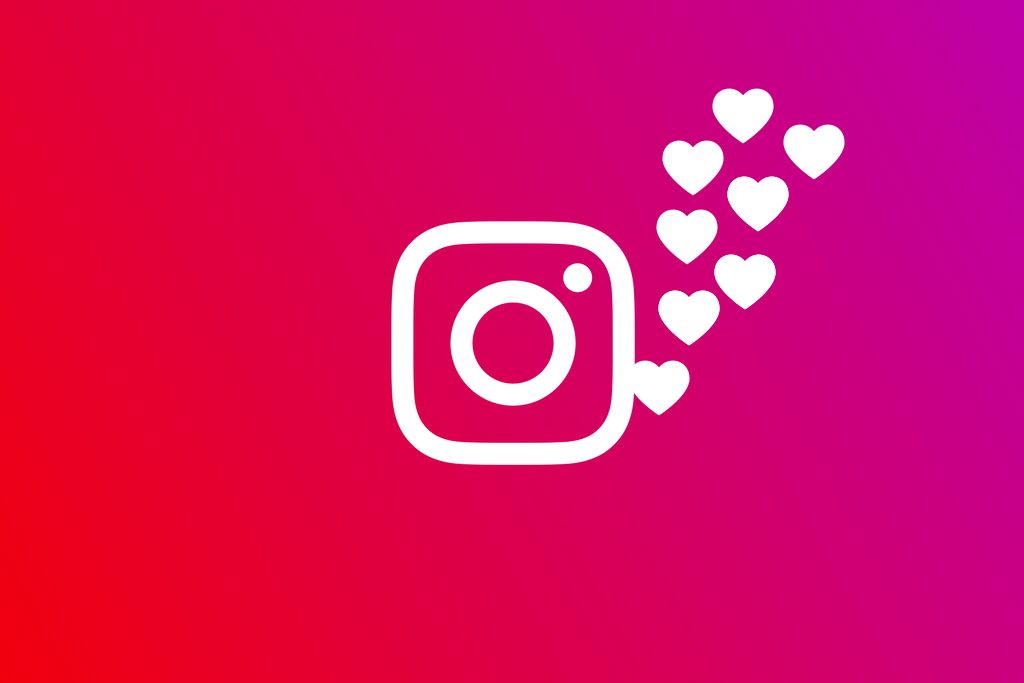The rise of TikTok has revolutionized the way users consume and interact with short-form video content, and along with this cultural shift, a new phenomenon has emerged – TikTok downloaders. These applications and websites allow users to save TikTok videos directly to their devices, circumventing the platform’s built-in limitations on downloading and sharing. This capability is reshaping how content is perceived, shared, and repurposed across various digital landscapes. First, TikTok downloaders have democratized content accessibility, enabling users to save videos for offline viewing, thereby increasing the longevity and reach of TikTok content. With internet connectivity sometimes limited or inconsistent, particularly in remote areas or during travel, being able to download videos means users can engage with their favorite creators and trends anytime, regardless of their online status. This also opens up opportunities for users to curate their personal libraries of content, selecting videos that resonate with them on various levels, whether for inspiration, entertainment, or education. Secondly, TikTok downloaders encourage a culture of remixing and repurposing content. Users can take downloaded videos and create compilations, reaction videos, or mashups, thus contributing to an ever-evolving narrative within the TikTok ecosystem.
This practice not only fosters creativity among users but also cultivates a sense of community, as individuals share their own interpretations and adaptations of trending content. Moreover, the ability to save videos has implications for brand marketing and influencer strategies. Businesses can download and analyze popular TikTok videos to better understand trends and audience preferences, allowing them to craft more effective marketing campaigns. By integrating user-generated content into their marketing strategies, brands can create more authentic connections with consumers, tapping into the organic appeal of TikTok’s user base. Additionally, TikTok downloaders can also serve as tools for educators and content creators, who may want to save instructional or informative videos for their own teaching materials or projects. In a world where information is constantly shared and reshared, having the ability to download and store valuable content can enhance learning experiences and foster a more engaging classroom environment. However, the widespread use of TikTok downloaders raises important ethical and legal questions regarding copyright and content ownership.

While users may feel entitled to save and share videos, many creators invest significant time and resources into their content. Downloading and redistributing these videos without permission can infringe on creators’ rights and diminish their potential earnings, especially for those who rely on their TikTok presence as a source of income. This issue has sparked discussions about the need for clearer guidelines and potential regulations surrounding content usage in the digital space. Furthermore, TikTok downloaders often provide a means to bypass watermarking, which is designed to credit creators for their work. When videos are shared without proper attribution, it can lead to a dilution of brand identity for creators and reduce their visibility on the platform, ultimately affecting their growth and monetization opportunities. As the digital landscape continues to evolve, it is essential for both users and creators to navigate these changes thoughtfully and responsibly. Another significant aspect of the impact of TikTok downloaders is how they influence the platform’s algorithm and content discovery. As more users save and share videos through external platforms, TikTok may need to adapt its algorithm to account for the way content is consumed outside of its app. This shift could lead to changes in how videos are promoted and discovered, as well as how creators approach their content strategies. In this sense, TikTok downloaders not only affect individual users but also have broader implications for the platform’s ecosystem as a whole. Despite the challenges posed by TikTok downloaders, they have undeniably changed the way content is saved and shared in the digital age. By enabling users to access and repurpose videos, these tools have fostered creativity and community engagement while raising important questions about content ownership and attribution. As users continue to explore the possibilities of TikTok downloaders, it is crucial for creators, brands, and platforms to work together to strike a balance between accessibility and respect for original content, ensuring that the TikTok community remains vibrant, dynamic, and fair for all participants. In conclusion, TikTok downloaders represent a significant shift in how content is consumed and shared, offering new opportunities for creativity and community-building while also posing challenges regarding copyright and content ownership.
As this phenomenon continues to evolve, it will be essential for all stakeholders to engage in meaningful dialogue about the implications of these tools and to establish best practices that support a healthy and thriving digital ecosystem. The ongoing evolution of TikTok and its downloaders highlights the dynamic nature of the internet and the need for adaptability in the face of rapid technological change. As users embrace the ability to save and repurpose content, the conversation around copyright, attribution, and creator rights will continue to be vital in shaping the future of content creation and consumption. Ultimately, the way TikTok downloaders are changing the way we save and share content reflects a broader trend of democratizing access to creative work while also prompting critical discussions about respect and responsibility in the digital realm. The impact of TikTok downloaders on the platform’s ecosystem is significant. For creators, this can be a double-edged sword. On one hand, these tools allow their content to reach a wider audience beyond TikTok, especially in regions where the app is banned or has limited reach. On the other hand, the ease of downloading content without watermarks has raised concerns about unauthorized use and intellectual property theft.
Creators who rely on their unique style or content for brand building may find their videos reposted on other platforms without proper attribution, undermining their digital footprint. This tension highlights a broader challenge in the digital age – balancing accessibility with creator rights. The tiktok video downloader have blurred the lines between content sharing and ownership, creating a new dynamic in the way social media content is distributed. From a user perspective, the advent of TikTok downloaders has made content consumption more flexible and personalized. Users no longer need to be online or connected to the TikTok app to enjoy their favorite videos. This has spurred a new wave of content sharing beyond the TikTok ecosystem, with users repurposing videos for memes, remixes, and even educational content. The tools are also empowering content creators who wish to analyze and curate trends by saving relevant videos for study or future inspiration. However, these changes also come with ethical considerations. As TikTok continues to grow, the tension between content ownership, user freedom, and platform control will likely intensify, raising important questions about the future of digital content management in the age of viral video sharing.












